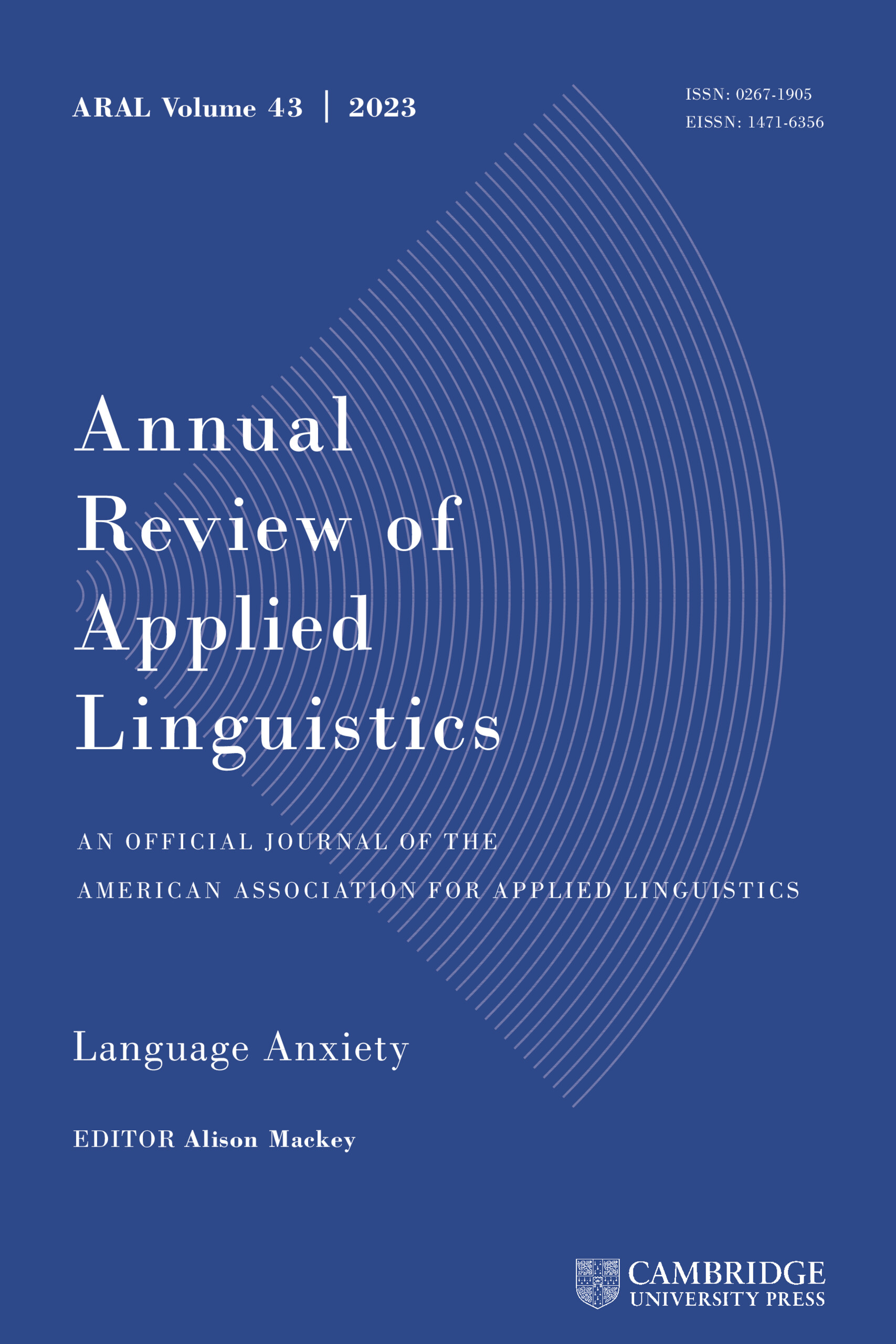Article contents
Theoretical issues and Problems in the Sociolinguistic Enterprise
Published online by Cambridge University Press: 19 November 2008
Extract
The major theoretical challenge for the sociology of language consists of the extent that it contributes to and, indeed, benefits from the sciences of society, on the one hand, and the sciences of language, on the other. Considering that the total enterprise only came into being in the early 70s (taking The SSRC's Summer Institute on Sociolinguistics at Indiana University, 1964, as a reasonable date of departure) some progress toward meeting this challenge is undeniable. Such progress is particularly great at the micro-level where variation theory, discourse analysis, speech act theory, pragmatics, and ethnomethodological concerns and sensitivities have pretty much become modern day orthodoxies that often neither recognize nor remember their sociolinguistic co-origins. Nevertheless, precisely here, where the links to linguistics are strongest, there is hardly any link to sociology or to sociocultural theory more generally (none at all, indeed, except for the ethnomethodological corner thereof). If we look for linkages between macro-sociolinguistic efforts and the parent disciplines, the situation is even less heartening, because not only are such links exceedingly few and far between, but nothing approaching schools of thought or elaborated points of view are discernible. That being the case the likelihood of productive theoretical linkages between micro- and macro-sociolinguistic endeavors is rather remote for the forseeable future.
- Type
- Sociolinguistics
- Information
- Copyright
- Copyright © Cambridge University Press 1980
References
UNANNOTATED BIBLIOGRAPHY
- 1
- Cited by


